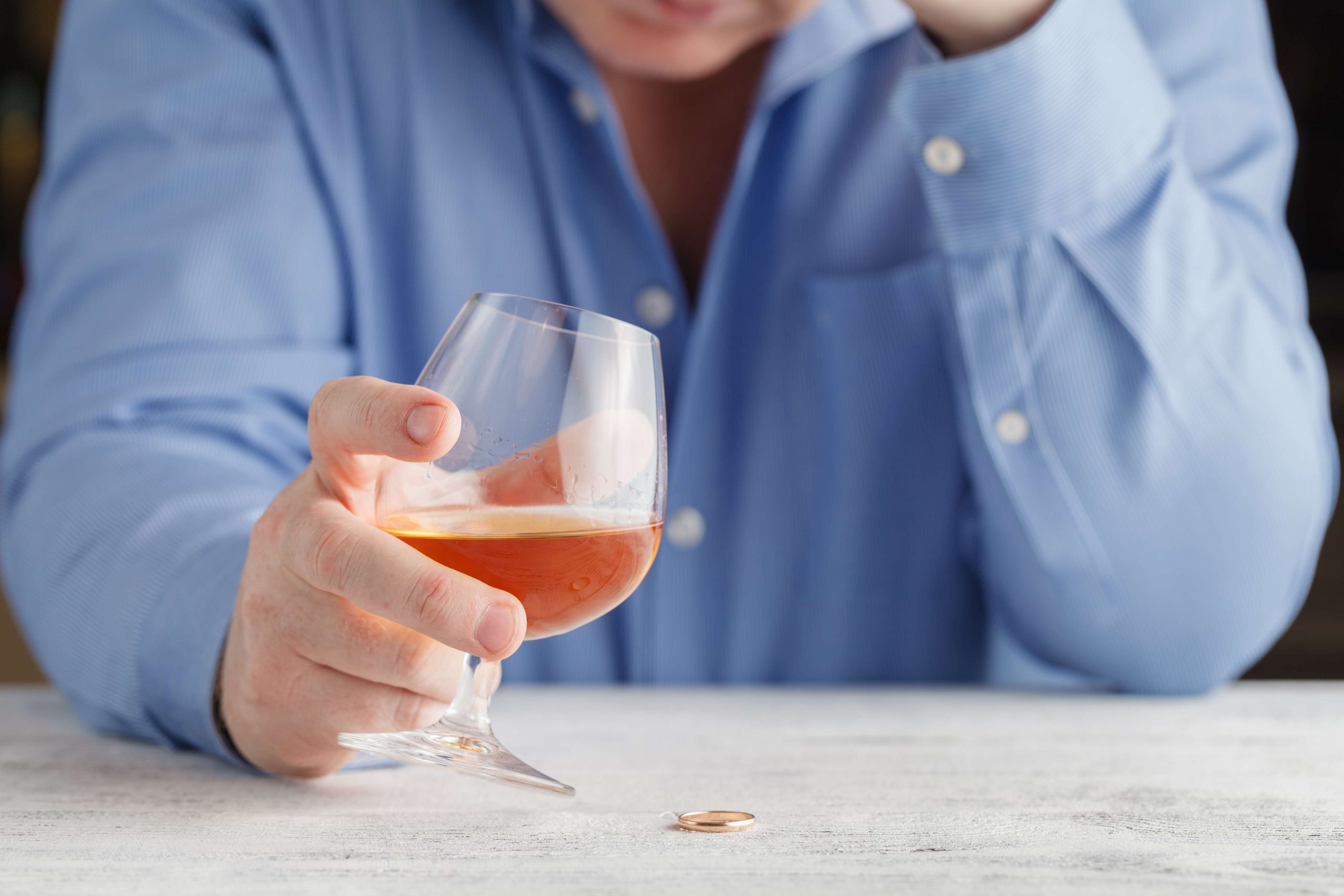Behavioral therapies help people in drug https://www.gew3.org/Recovery/qumo-restoration-of-memory-map addiction treatment modify their attitudes and behaviors related to drug use. As a result, patients are able to handle stressful situations and various triggers that might cause another relapse. Behavioral therapies can also enhance the effectiveness of medications and help people remain in treatment longer.
Importance of Aftercare
There are strategies of distraction and action people can learn to keep them from interrupting recovery. Another is to carefully plan days so that they are filled with healthy, absorbing activities that give little time for rumination to run wild. Exercise, listening to music, getting sufficient rest—all can have a role in taking the focus off cravings. Many people believe that they are powerless to change their own addictive behavior, and often it is a belief that keeps people addicted.
- Remember, with the right treatment, support, and resources, recovery is possible.
- However, recovery can be thought of in 4 primary phases that include withdrawal, early, middle, and late phases of recovery.
- Many people who misuse alcohol or drugs have trouble dealing with anger.
- This information can be used by any organization to provide tailored recovery services to program participants.
- Planning in advance a way out of high-risk situations—whether an event, a place, or a person—helps support intentions in the face of triggers to use.
Addressing Gender-Specific Needs
Recognizing addiction’s multifaceted nature is crucial, understanding physiological, psychological, and social components. Individuals may not progress linearly through the stages of change; some take steps forward and then regress. For instance, someone aiming for alcohol https://allnewstoday365.com/ecilined-brain.html abstinence may initially opt for moderation. The concept of recovery varies individually, with not everyone considering full abstinence as indicative of recovery. SUDs can lead to significant problems in all aspects of a person’s life.
- Although there’s no cure for drug addiction, treatment options can help you overcome an addiction and stay drug-free.
- For many people, these groups may serve as their primary resource for changing their behavior, but they also often augment formal treatment.
- If you’re curious about what communities are cooking up to fight teen drug misuse, check out community-based prevention programs reduce teen prescription abuse.
- While group sessions in outpatient programs are not gender-specific, the flexibility to address gender-specific concerns in one-on-one therapy ensures that everyone’s unique needs are met.
- Screen4Success provides an easy way for parents and caregivers to identify areas where their children may benefit from additional support.
Health Care Providers

Choosing to enter treatment or begin any kind of substance abuse recovery program can be scary, but it is an important step in changing one’s life. The alcohol and drug addiction recovery process can look different for each person and is based on the level of care determined for a person, so treatment is often tailored to the individual.4 Program lengths vary. You may choose a 28- or 30-day, 60-day or 90-day inpatient drug rehab stay or an outpatient rehab program, and you might like to opt for specialized treatment options. Another one of the most important ways to support recovery is to understand that multiple relapses over a number of years are typically part of the process. They are not occasion for blame or despair but for encouraging resumption of recovery. Families can develop awareness of a loved one’s emotional, environmental, and social triggers of substance use and manage those.
- Overcoming the stigma of addiction is crucial for paving the way to recovery.
- For people with addictions to drugs like stimulants or cannabis, no medications are currently available to assist in treatment, so treatment consists of behavioral therapies.
- There are coping strategies to be learned and skills to outwit cravings, and practicing them not only tames the impulse to resume substance use but also gives people pride and a positive new identity that hastens recovery.
- It may include rediscovering a work or social role, finding new recreational interests, or developing a new sense of spiritual connection.

Overdose can lead to serious issues like breathing stopping and the brain not getting oxygen, which can be deadly. New York City recently opened the nation’s first official safe consumption clinics, where people with substance use disorder can use drugs under medical supervision. Many people who misuse alcohol or drugs have trouble dealing with anger. If left unchecked, anger can have a negative impact on your health and your lasting sobriety. Find Support is an online guide that helps people navigate through common questions when they are at the start of their journey to better behavioral health.

Acknowledging and celebrating the hard work of recovery is helpful for keeping you motivated and reminding you why you took this brave step toward sobriety in the first place. Instead, focus on things, experiences, and activities that will support your new, healthy lifestyle. For many people with a substance use disorder, it’s simply a matter of never having learned the appropriate way to manage anger. Talk to your therapist, other healthcare provider, or sponsor about how to deal with your anger in ways that won’t cause you to harm yourself or others or turn to alcohol or drugs. Developing an aftercare plan in early recovery can help prevent a relapse by providing an individual with support and allowing them to continue to work on issues surrounding their addiction. Once they http://www.snowflakebase.com/Breckenridge/page/4/ feel established in their sobriety, they can also begin to give back to others who are newly sober.